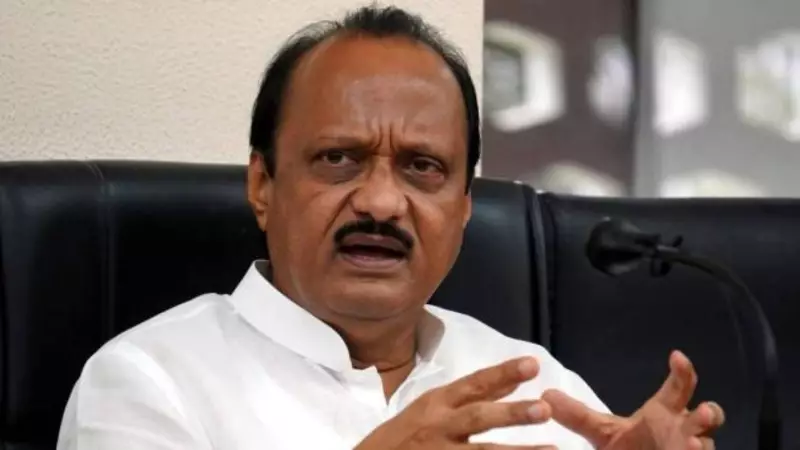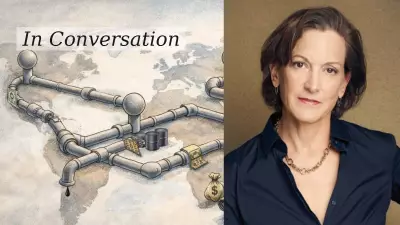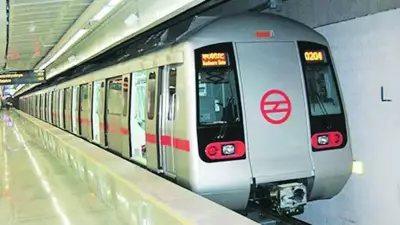
Deputy Chief Minister of Maharashtra, Ajit Pawar, has ignited a significant political controversy with his direct appeal to voters during a campaign rally. The Nationalist Congress Party (NCP) president explicitly linked the provision of government funds to the electoral success of his party's candidates.
The Controversial Campaign Speech
The incident occurred on Friday, November 23, 2025, while Pawar was campaigning for the upcoming elections to the Malegaon Nagar Panchayat, which falls within his family's stronghold of Baramati taluka. Addressing the gathering, the Finance Minister of the Mahayuti government presented voters with a stark choice.
"I will ensure there is no shortage of funds if you elect all 18 NCP candidates," Pawar declared. He then added a pointed warning: "If you elect all 18 candidates, I am committed to give whatever I have promised. But if you reject, I will also reject. You have votes, I have funds."
Immediate Political Backlash
The remarks were swiftly condemned by opposition leaders, who accused the senior minister of threatening the electorate. Shiv Sena (UBT) leader Ambadas Danve led the criticism, questioning the role of the Election Commission.
"Funds are given from the taxes paid by the common people and not from Ajit Pawar's house," Danve stated emphatically. "If a leader like Pawar is threatening voters, what is the Election Commission doing?" he asked, demanding immediate action against the NCP leader for his comments.
Electoral Context and Alliances
The elections to the Nagar Panchayats are scheduled for December 2, making this a critical period for political campaigning. In a significant local alliance, the Pawar-led NCP has joined forces with a BJP-backed panel in Malegaon. This partnership underscores the complex political equations at play in the region, even as the NCP remains a key constituent of the ruling Mahayuti coalition at the state level.
Pawar's comments have thrown a spotlight on the high-stakes nature of these local body elections and the intense competition between political parties for control over civic administrations.




